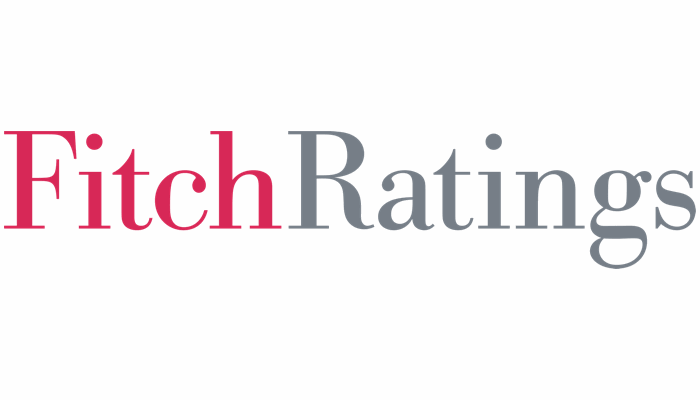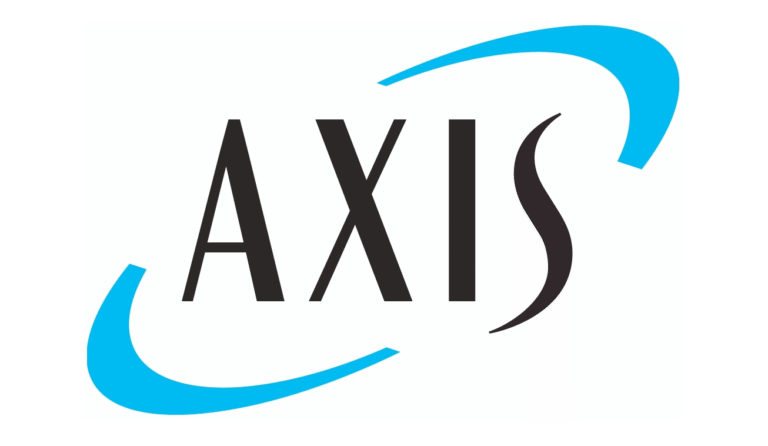
Fitch Ratings, a provider of credit ratings, research, and analysis, reports that abundant global reinsurance capacity is intensifying competition and weighing on reinsurers’ earnings worldwide, including in Latin America.

Fitch notes that regional reinsurers are countering the softer environment with strong balance sheets and robust retrocession programs designed to limit volatility.
According to Fitch, persistently high interest rates, although easing, continue to support results by offsetting weaker underwriting performance. The agency also stresses that reinsurers in Latin America remain sensitive to sovereign risk, meaning adverse changes in government credit ratings could directly influence company ratings.
Fitch highlights a substantial protection gap in the region. Out of USD 21.8 billion in losses in 2024, only about 10% were insured—evidence of low coverage penetration and elevated vulnerability. The agency points out that inconsistent and delayed loss data makes risk assessment more difficult, reinforcing the importance of stronger regulatory oversight and clearer reporting standards.
At the same time, Fitch sees progress in alternative solutions such as catastrophe bonds, parametric products, and other insurance-linked securities (ILS). Brazil’s inaugural ILS transaction in 2024, Fitch notes, showcased the region’s ability to use alternative risk transfer to help close the gap.
Fitch values the regional reinsurance market at USD 18–22 billion and identifies foreign exchange swings, inflation, political uncertainty, and recurring natural disasters as core risks.
Retention levels remain high at roughly 80%. Looking ahead, Fitch expects ceded premiums to rise over the next 12–18 months, driven by larger exposures, market expansion, volatility management, and catastrophe activity.
The agency concludes that demand for catastrophe protection remains strong, while surplus capacity is lowering non-proportional costs and broadening available coverage.






